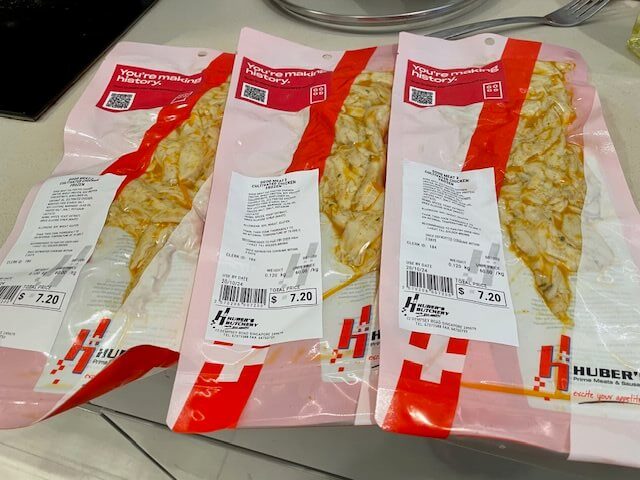This article is an English translation of a Foovo article, published with permission from Foovo.
The Good Food Institute (GFI), an international think tank leading the promotion of alternative proteins, announced on the 1st the establishment of its new Japan branch, “GFI Japan“.
GFI Japan aims to identify investment opportunities in government research on alternative proteins and support efforts toward formulating a national bioeconomy strategy. Additionally, through assisting legal frameworks, strengthening international collaboration, and improving information dissemination, it seeks to accelerate food innovation in Japan.
GFI has previously established branches in Singapore, India, Israel, Europe, Brazil, and the United States. With the new branch in Japan, GFI is set to further accelerate the promotion of alternative proteins.
Growing Protein Demand in Asia

One of the reasons behind GFI establishing a branch in Japan is the increasing protein consumption in Asia. Since 2000, global protein consumption has increased by over 40%, with more than half of this growth attributed to Asia.
As animal proteins are noted for their environmental impact in terms of land use, water usage, and emissions, efforts to produce proteins through alternative approaches are gaining attention. To meet the growing protein demand, the development of alternative proteins—such as plant-based, microbial-based, cell-based, and algae-based proteins—is progressing worldwide.
In Japan, plant-based proteins have become familiar options for consumers, with terms like “soy meat” becoming widely recognized and various plant-based milks available on store shelves.
Meanwhile, precision fermentation, which uses microorganisms to produce proteins equivalent to animal proteins, and cell-cultured foods (cultivated meat), which create real meat by culturing animal cells outside the body, are already being sold in some countries. However, in Japan, the legal framework is not yet in place, and sales are not permitted.
“Japan Has the Technology and Opportunity to Lead Globally”

Kimiko Hong, Interim Director of GFI Japan, emphasizes that the production of alternative proteins through these new technologies could offer a sustainable solution.
Hong stated, “Just as Japan developed and exported cutting-edge technologies like solar power and other renewable energy sources to the world, Japan has the technology and opportunity to lead globally in next-generation alternative proteins, which are akin to clean energy for food.”
Additionally, in February 2023, former Prime Minister Fumio Kishida acknowledged that alternative protein technologies, such as cultivated meat, are “crucial for achieving a sustainable food supply” and expressed his intention to advance legislation to foster Japan’s food tech industry.
As part of this effort, in January this year, tens of billions of yen were provided to domestic companies such as Integriculture, UCDC, UMAMI UNITED JAPAN, and Fermelanta through the Small and Medium-sized Enterprises Innovation Promotion Program, led by the Ministry of Agriculture, Forestry and Fisheries.
In a market for alternative proteins that is projected to reach at least $290 billion by 2035, the establishment of GFI’s Japan branch is of great significance. It is expected to strengthen Japan’s bioeconomy strategy, promote legal framework development, enhance international collaboration, and facilitate the bidirectional exchange of information.
Image Courtesy:GFI Japan

